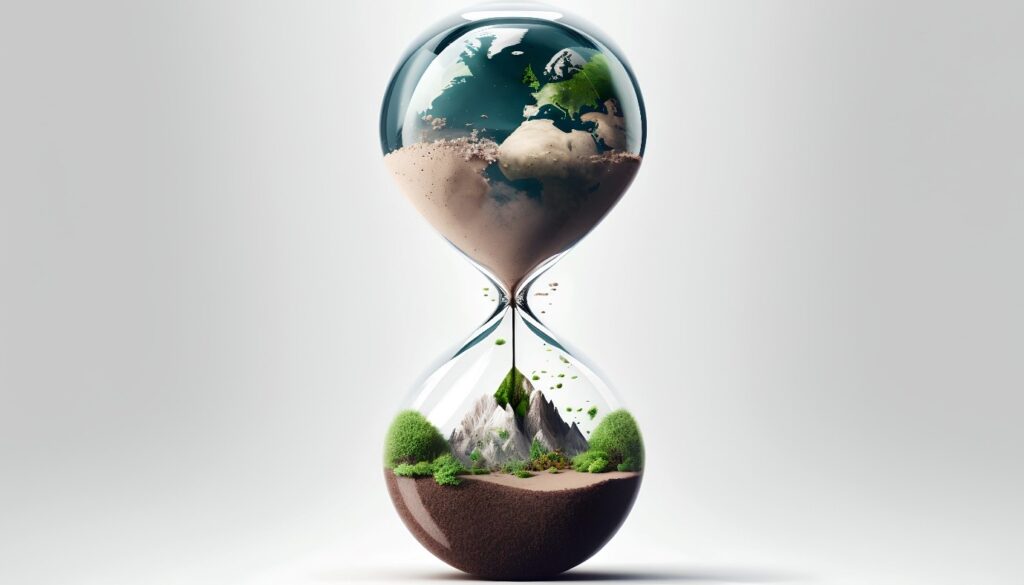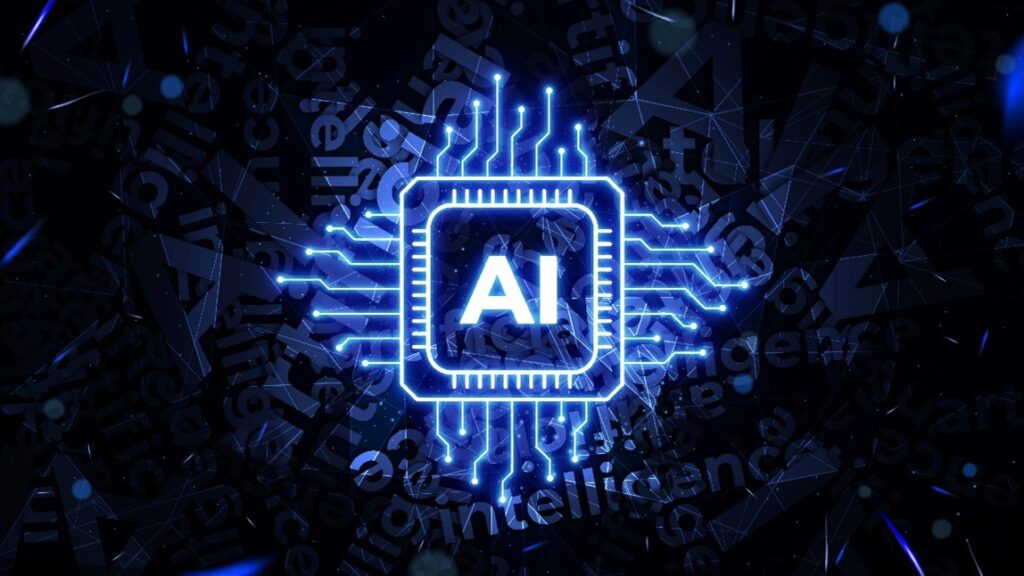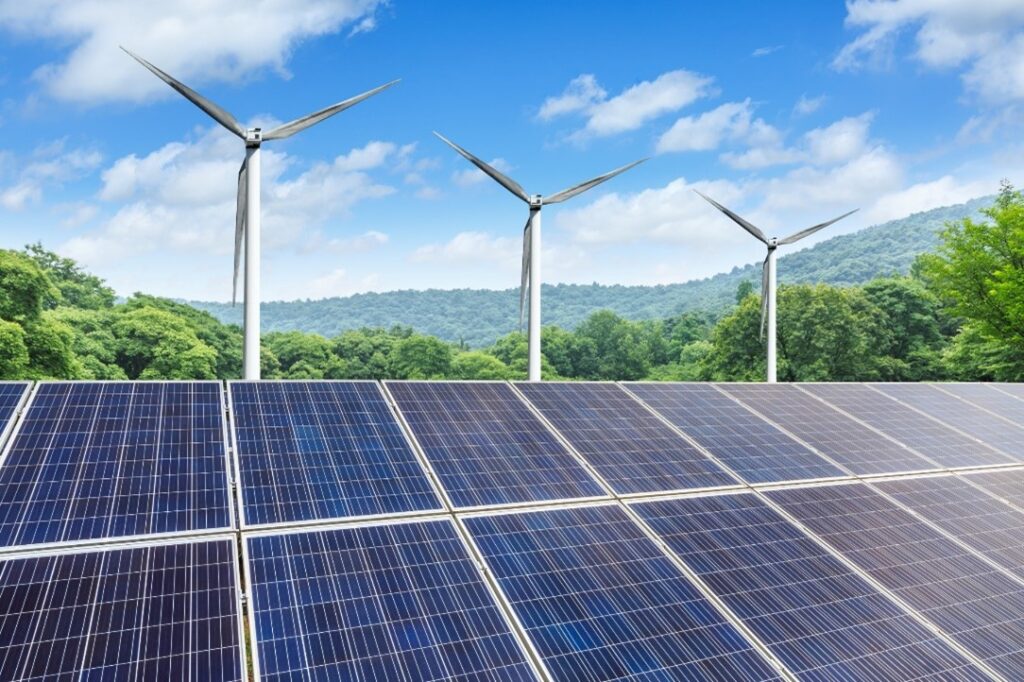
Thursday, November 30, 2023, marks the start of a monumental 13-day occasion — COP28. With just over 30 days to go, experts are spreading the word of this conference, which is occurring at a truly pivotal moment for worldwide climate action. As many can attest, Moner Attwa explains that this is perhaps the most crucial Conference of the Parties since COP21 (2015), when implementation of the Paris Agreement was affirmed.
As it is held in a different location each year, COP28 will be hosted by the United Arab Emirates (UAE) and led by Dr. Sultan al-Jaber, the minister of industry and advanced technology for the region as well as group CEO and managing director of the ADNOC Group. This milestone promises a comprehensive analysis of countries’ progress since enacting the Paris Agreement, alongside the UAE presidency, ensuring that every nation responds to the Global Stocktake with haste and clarity.
Concluding the First Global Stocktake
While COP28 is vital for many reasons, one of the most prevalent is undeniably that it signifies the conclusion of the world’s first Global Stocktake (GST). This is the mechanism through which the Paris Agreement’s progress is evaluated, which began in 2021 at COP26. While it’s evident that the globe isn’t yet on track to meet the outlined goals, the governments attending COP28 hope to devise an improved roadmap to expedite climate action.
September 8, 2023, marks the release of the synthesis report from the second phase of the GST that outlined progress and identified areas of improvement, support, and cooperation. The evidence not only showed that the Paris Agreement has encouraged climate action globally, making considerable progress since the UNFCCC came into force, but it also noted that more action is necessary in order to put the planet on track.
COP28 will see the third “political” phase of the GST conclude. Governments will consider the above-mentioned findings and decide what they mean for strengthening efforts to avoid climate change during a range of Conference events and negotiations. Experts highlight the truly urgent nature of the climate crisis, emphasizing the need for commitments and recommendations.
Exacting on Climate Change Impacts
The Dubai-based negotiations will take a deep dive into climate change-caused losses and damages, with governments initially agreeing on how to operationalize COP27’s loss and damage fund, before confirming how to narrow/widen its focus, which countries need support, and more.
In the same vein, governments are expected to implement a framework for accomplishing the Paris Agreement’s adaptation objective. Professionals anticipate that the global goal on adaptation (GGA) will focus on nations’ efforts to boost resilience, increase adaptive capacity, and minimize vulnerability to climate change. However, there is yet to be a decisive definition of this goal, causing many to wish for such to be determined during this year’s Conference.
Putting Food Systems in the Spotlight
In the months before COP28, agriculture and foody systems are receiving more diplomatic attention, with the UN Food Systems Coordination Hub and COP28 presidency launching the COP28 Food Systems and Agriculture Agenda. It outlines for countries to align their agricultural and food systems policies with NDCs and NAPs, including decarbonization targets and national biodiversity strategies and action plans.
With all that in mind, it’s no surprise participants are dubbing it the most crucial Conference to date.




